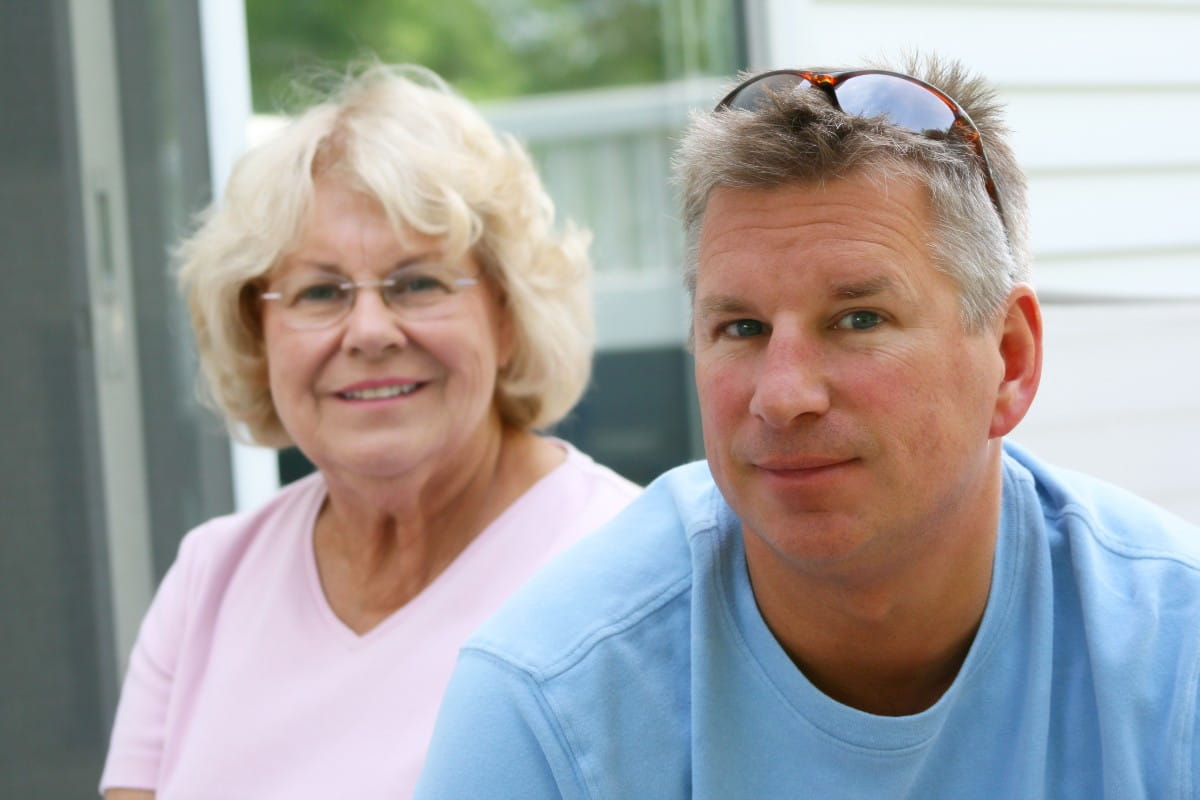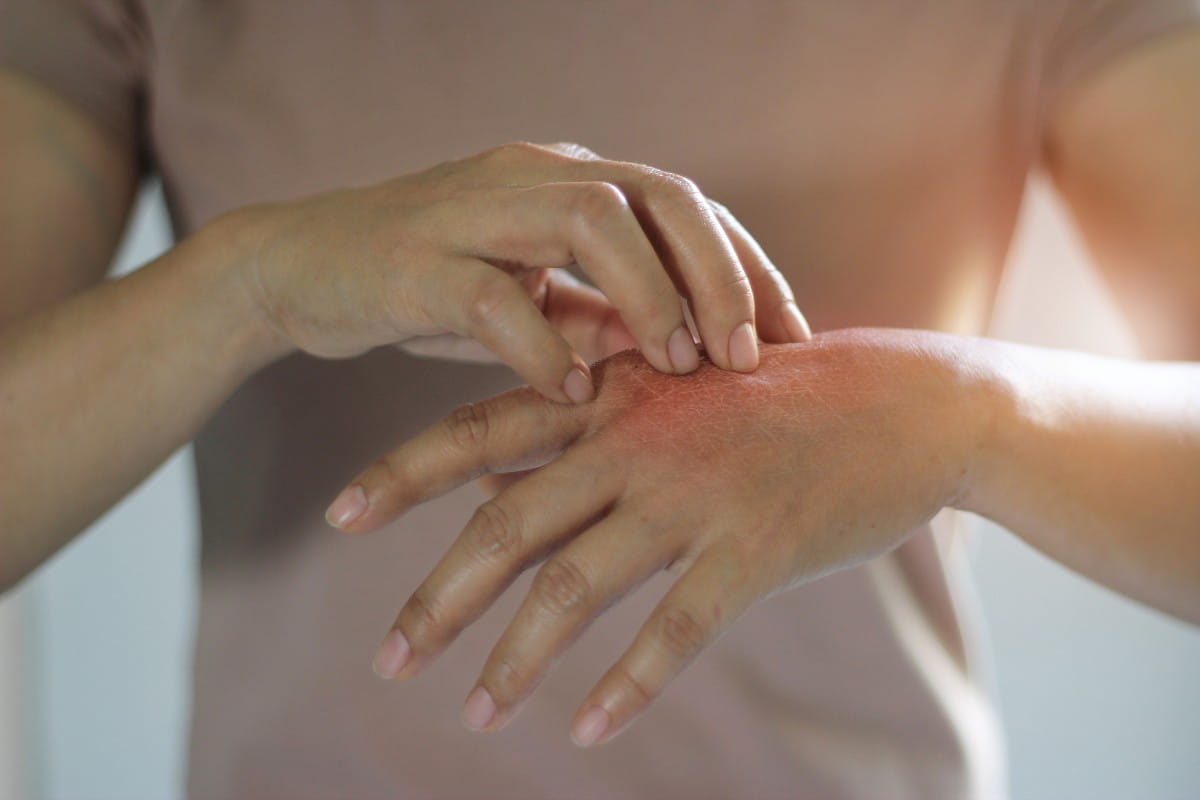This Mother’s Day, why not put good health at the top of the gift-giving list?
Maybe you’re trying to think of the perfect way to show your mom she’s important to you. Encourage her to get up to date with important cancer screenings — and promise to do something special when she’s completed them.
Screening is a simple and effective way to detect cancer early. Early identification of breast and cervical cancer makes it more likely the disease will be treated and cured.
Most common female cancers: Breast and cervical
Breast cancer is the No. 1 cancer among women, affecting one in every eight women worldwide. Cervical cancer is not far behind, holding the No. 4 spot on the list with over 500,000 women diagnosed in 2018 alone.
Although these cancers occur at different locations in the body they do have one thing in common — screening is readily available for early detection.
What are cancer screenings?
“Cancer screening is a way for us to pinpoint cancer before you have any symptoms. Finding cancer early expands treatment options and the likelihood that your cancer can be cured,” says Melvin Schursky, M.D., with Riverside Health.
The most common types of screening for breast cancer are a physical breast exam by a clinician and a mammogram, an X-ray picture of the breast.
Cervical cancer screening primarily uses tissue sampling and can be done right in the provider’s exam room. Cells are collected from the cervix in a simple procedure known as a Pap test and can be tested for both cervical cancer and human papillomavirus. HPV is not cancer, but it can lead to cancer.
Get screened based on age and family history guidelines
Recommendations for when and how to be screened for breast cancer vary by age and family history. For women of average risk, experts agree you should start to talk to your health care provider at age 40 about a plan for screening. If you have a family history of breast cancer, it’s never too early to review a prevention strategy with your doctor, including regular screenings.
Cervical cancer screenings start at age 21 and will occur at regular intervals depending on your age. Often, screening is completed in coordination with your annual women’s health exam.
“Screening guidelines can change based on the latest medical research. It’s important to discuss current screening recommendations with your doctor every time you visit,” says Dr. Schursky.
After the screening, ask what comes next
It’s normal to feel anxious as you wait for the results of your test. Ease some of the anxiety by writing down a few questions to ask the doctor or nurse, so you’re prepared when the phone call comes in:
- What does this result mean for my health?
- Do I need to make any additional appointments?
- When should I get screened again?
Have a pen and paper in hand to write down the answers so you’ll know your next steps.
Ready for the gift of good health?
There’s no doubt screening is a great way to protect your health, now and in the future. When you’re ready to get screened, let the experts at Riverside help.
Schedule your mammogram and cervical cancer screening with one of our women’s health practices today.



